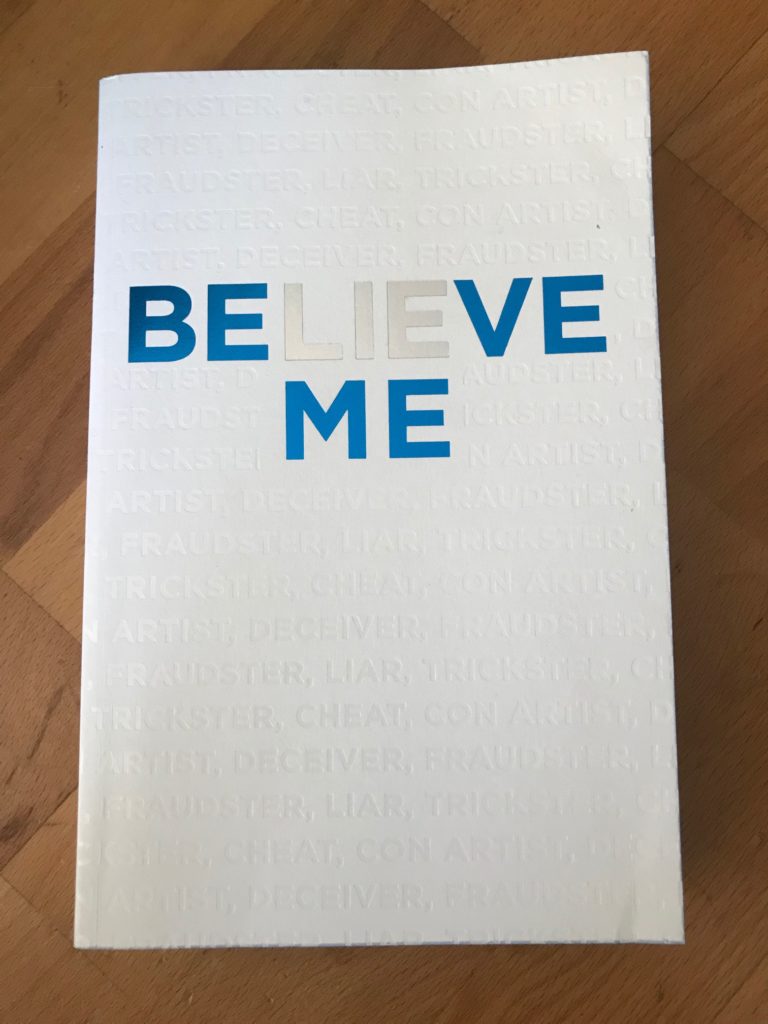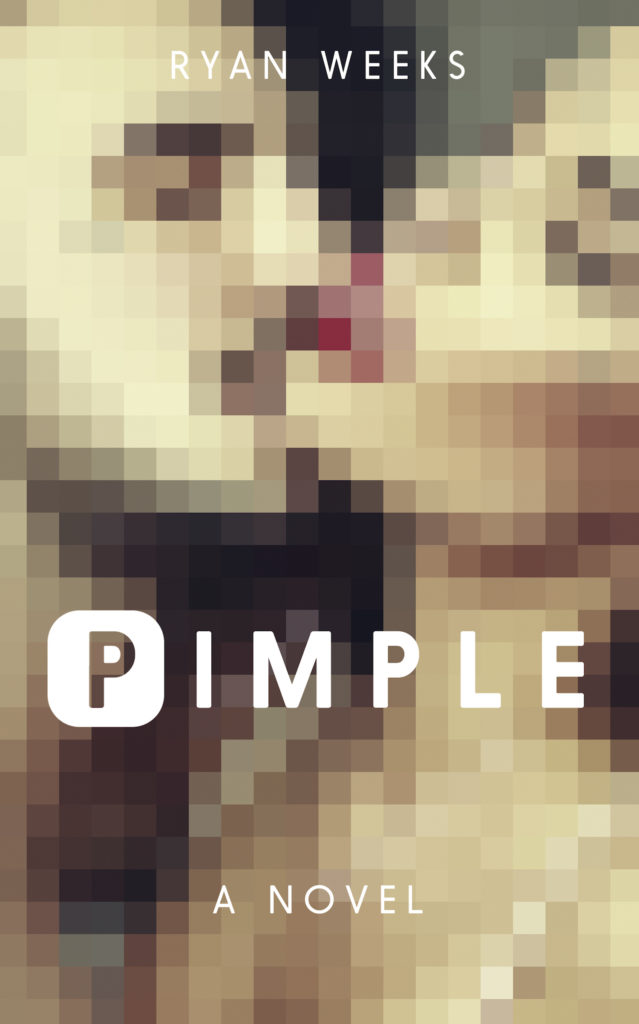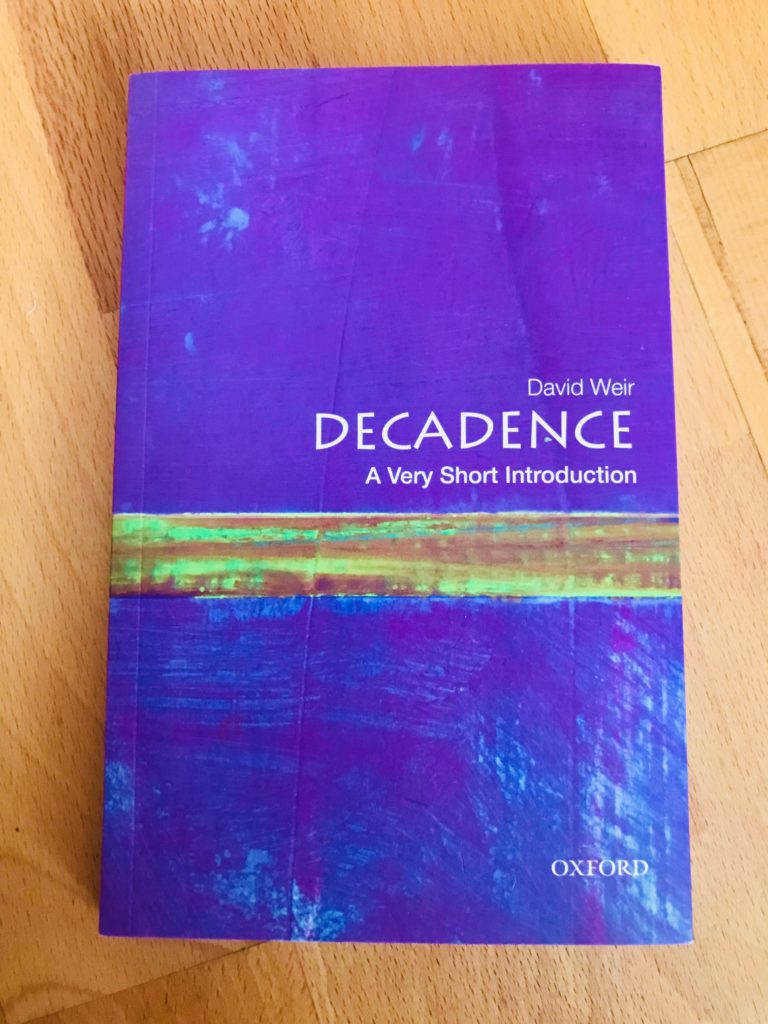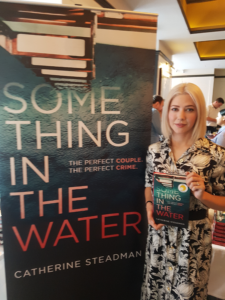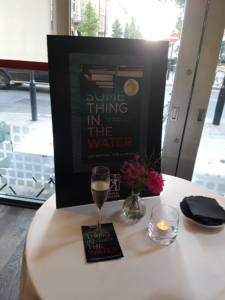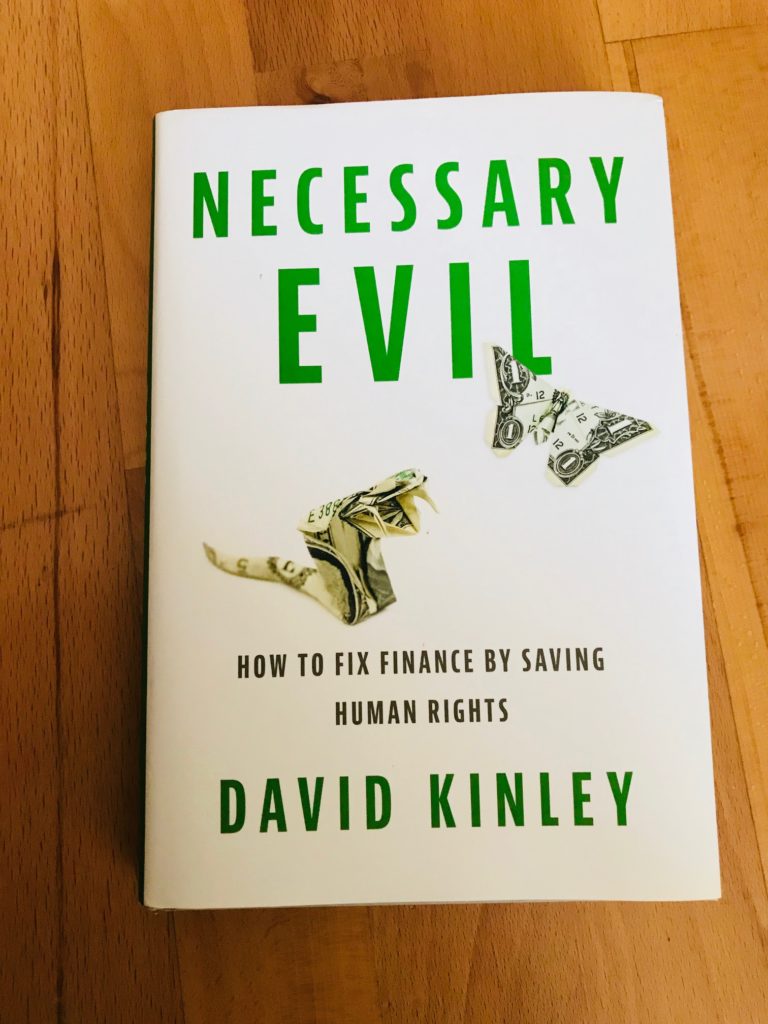
This autumn, Blackeyed Theatre are back with a thrilling new adaptation of The Sign of Four – Sir Arthur Conan Doyle’s epic second Sherlock Holmes novel.
In association with New Theatre Royal Portsmouth and South Hill Park Arts Centre it will be touring the UK until spring next year. September 2018 – April 2019.
Crammed full of adventure, romance, comedy and, of course, one or two rather brilliant deductions, this faithful adaptation sees Sherlock Holmes and his companion Dr Watson use their powers of deception to solve the mysterious disappearance to Mary Morstan’s father.
This fabulous play will appeal to devoted fans, adults, children and budding detectives alike, and will combine live music, composed by Tristan Parkes, and ensemble storytelling.
When Mary Morstan arrives at Baker Street to request help following the mysterious disappearance of her father, Sherlock Holmes and his companion Dr Watson are plunged into a murky world of deception and a complex plot involving murder, corruption and stolen jewels.
The cast features Luke Barton as Sherlock Holmes (The Unexpected Guest, Mill at Sonning; Misterman, Liverpool Everyman and Playhouse), Joseph Derrington as Dr John Watson (The Importance of Being Earnest, MAC Belfast; The Canterville Ghost, Erasmus Theatre), Zach Lee as Jonathan Small (Bouncers, Glass Menagerie, Hull Truck; The Derby McQueen Affair, York Theatre Royal), Stephanie Rutherford as Mary Morstan (Kubla Khan, Mirror Mirror, Oily Cart; Cinderella, Derby Theatre), Christopher Glover as Dost Akbar (Peckham The Soap Opera, Royal Court; Eastenders, BBC) and Ru Hamilton as Thaddeus Sholto (Tipping the Velvet, Lyric Hammersmith; Peter Pan, Derby Theatre).
Director Nick Lane comments, I don’t think I know anyone over the age of ten who doesn’t know at least the name Sherlock Holmes. He is part of the literary fabric of this country – hugely popular and hugely adaptable – and his cases with Watson are a blueprint for so many crime novels, films, TV shows and theatre. We have approached this adaptation in a stylised way which will appeal to avid fans of the novel as well as those who simply want to come to the theatre and enjoy a rattling good crime story!
Sherlock Holmes: The Sign of Four is produced by Blackeyed Theatre in association with New Theatre Royal Portsmouth and South Hill Park Arts Centre in Bracknell and supported by Arts Council England.
Sherlock Holmes: The Sign of Four
Running time 120 minutes (including interval)
Twitter @Blackeyedtheatr, #SignofFour
Tour details: Blackeyed Theatre
Age Guidance 11+


